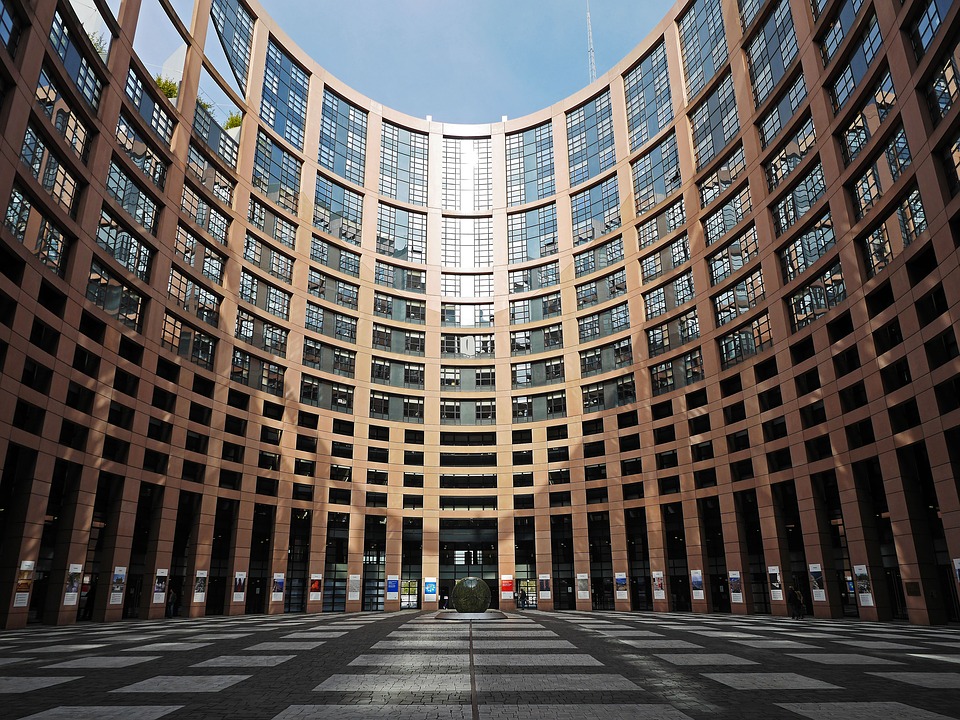The second day of the informal meeting of EU Environment and Climate Ministers focused on expanding the circular economy to new areas. The ministers discussed the solutions offered by the circular economy to mitigate climate change and stop the loss of biodiversity.
The informal meeting of Ministers of Environment and Climate was held on 11 and 12 July in Helsinki. Karmenu Vella, Commissioner for the Environment, Maritime Affairs and Fisheries, also attended the meeting. Commissioner Jyrki Katainen, Vice-President of the European Commission for Jobs, Growth, Investment and Competitiveness, and Per Klevnäs, Partner at Material Economics, gave opening speeches on the circular economy.
The recycling of materials generates new business opportunities.
"Climate change and the loss of biodiversity are the greatest challenges of our time. In the EU alone, by transitioning from a linear culture to a circular economy, greenhouse gas emissions generated by industries could be halved by 2050. A better circulation of materials would also reduce the ecological pressure exerted by consumption. EU competitiveness must be based on sustainability: mitigating climate change, respectful use and extending the life of natural resources must be at the heart of action," said Krista Mikkonen, Minister of Environment and Climate Change.
According to the ministers, we must move towards a society that, instead of wasting natural resources, seeks to create new business opportunities by taking advantage of the scarcity of resources and the need to solve problems. The reduction in the amount of materials used, reuse, repair, remanufacturing and recycling must guide production and consumption in accordance with the 6 Rs method (reject, reduce, reuse, repair, remanufacture and recycle).
Accelerate the implementation of the circular economy.
According to the ministers, the EU must continue its ambitious policy of supporting the circular economy. Among other issues, the ministers discussed the need to draw up a new action plan in this area, a Circular Economy 2.0, to accelerate the implementation of the circular economy and expand circular actions to all priority sectors. New measures need to be adopted, especially in areas related to construction, textiles, mobility and food.
Following these discussions, Finland is trying to prepare conclusions on the circular economy for the autumn Environment Council. These conclusions will define the direction of the Commission's future work to promote the circular economy in the next five years.

Sustainable solutions during Finland's Presidency.
Finland will hold the Presidency of the Council of the European Union from 1 July to 31 December 2019. During this period, Finland will chair formal Council meetings in Brussels and Luxembourg and informal ministerial meetings held in Finland .
Sustainable development is systematically taken into account in the organization of the Finnish Presidency. To minimize emissions generated by transport, all meetings will take place in the Finnish capital, Helsinki. The production of material intended for the purposes of the presidency is also very limited, and Finland will not distribute the traditional objects of the presidency. Funds provided for these gifts will be used in full to offset emissions caused by participants' flights.
"Finland holds the Presidency of the Council of the EU at a crucial moment. The time to solve the sustainability crisis is now. By joining forces, EU Member States can find solutions to both the climate crisis and to stop the sixth wave of extinction, but we must do it before it is too late, and we must give a new dimension to the global leadership of the EU in environmental matters," said Mikkonen.
